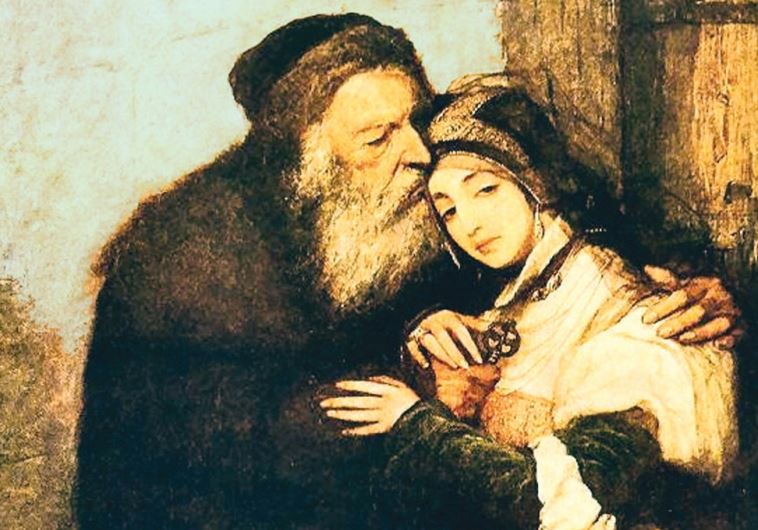
A popular British children’s author omitted “The Merchant of Venice” from his adaptation of William Shakespeare plays for young audiences.
One reason: antisemitism.
“Yes, there was some worry that this might be the first time an 8-year-old reads about a Jew,” Michael Morpurgo told The Guardian on Monday about the decision not to include the play in the “Tales from Shakespeare” anthology for children older than 6.
“A story that the Nazis used to portray Jewish people in a bad light – that is not something you put in front of an 8-year-old as their first example of an extraordinary group that has contributed so much to the world and suffered so much.”
Morpurgo, the author of “War Horse” and “Kensuke’s Kingdom,” was quoted by The Times of London as saying that “The play can be antisemitic … I did feel this was Shakespeare’s play and I could not tell it honestly. It would be offensive.”
He told The Guardian that The Times had played up the weight of antisemitism in his decision.
It is “not a play I enjoy myself. I didn’t ‘refuse’ to include the play, no one told me to do it – I sat down quietly and decided the 10 I would do,” he said. Calling his decision censorial is “completely wrong and a knee-jerk reaction,” he added.
cnxps.cmd.push(function () { cnxps({ playerId: ’36af7c51-0caf-4741-9824-2c941fc6c17b’ }).render(‘4c4d856e0e6f4e3d808bbc1715e132f6’); });
The play is about a merchant who fails to pay back a large loan to a greedy Jewish moneylender named Shylock.
Related posts:
House Passes 'Antisemitism Awareness Act' to Silence Criticism of Israel as Hate Speech
Author Of Book About Trans 4th Grader Says “Parental Rights Really Anger Me”
Who are the "Campaign Against Antisemitism"?
Flawed IHRA antisemitism definition reaches Ontario
The idea of ‘exceptionalism’ is deeply ingrained in our national DNA: American author
IBEX—Plasma ribbon confirms electric Sun
Views: 0
 RSS Feed
RSS Feed

















 January 5th, 2021
January 5th, 2021  Awake Goy
Awake Goy  Posted in
Posted in  Tags:
Tags: 
















